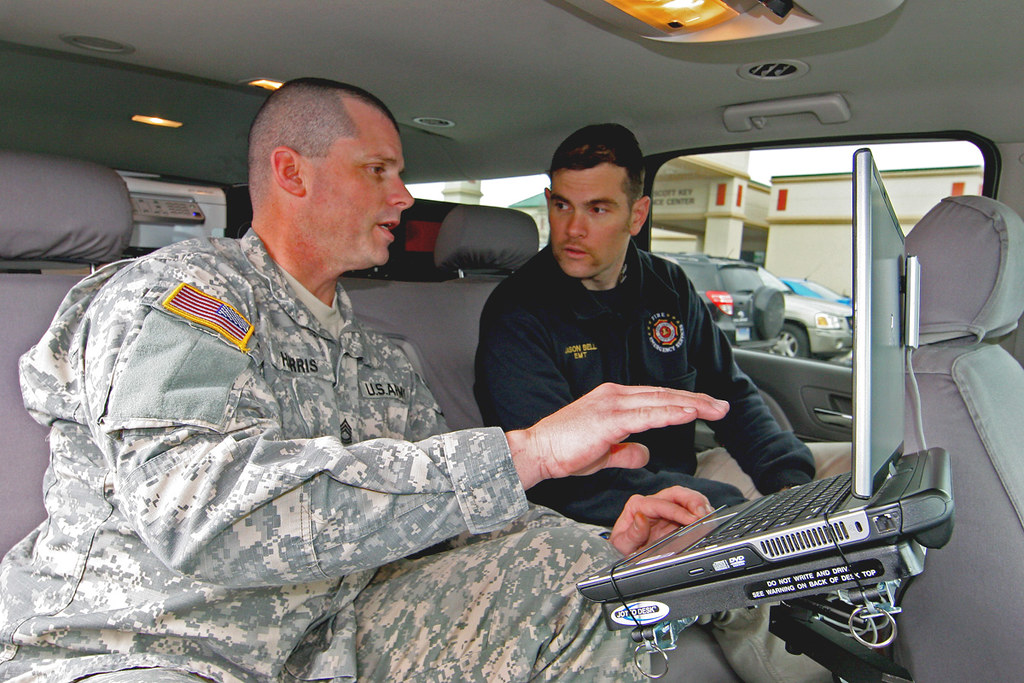Key Takeaways:
- President Trump denied knowing about the FBI raid on John Bolton’s home.
- He said he could lead such actions but prefers not to get involved.
- Critics say his comments show he uses justice for revenge.
- Experts warn mixing politics and investigations harms democracy.
On Friday, FBI agents conducted a Bolton raid at the former adviser’s Maryland home. They searched for classified national security documents. Trump told reporters he did not want to know about it. Yet he added he “could know” and “could be the one starting it.” He called himself the chief law enforcement officer. In fact, the Attorney General holds that role. However, Trump said he felt this kept politics out of investigations.
Trump’s Comments on the Bolton Raid
At a morning news briefing, Trump said, “I don’t want to know.” He spoke about Attorney General Pam Bondi and her team. He said, “You have to do what you have to do.” Then he added, “I could know about it. I could be the one starting it.” He repeated that he is the country’s top law enforcer. Yet past presidents always let the Justice Department act on its own. Still, Trump chose to praise this setup.
What Critics Say About Politics in Justice
Senator Richard Blumenthal wrote that Trump “weaponizes” the Justice Department. He said this Bolton raid is about revenge, not security. A former White House official warned that presidents do not pick cases. A national security analyst said Trump’s words really mean he ordered the action. A political writer said it sounded like mob talk. Meanwhile, many worry the Bolton raid shows fairness is at risk when politics creeps in.
The Wall Between White House and Justice
Since the Nixon era, presidents built a wall between the White House and the Justice Department. This barrier was meant to prevent political meddling in investigations. It kept law enforcers free from political pressure. Trump’s statements appear to break that norm. By claiming he could start the Bolton raid, he blurs the line. As a result, trust in the rule of law may weaken if leaders can order probes.
Why This Matters for Democracy
Democracy relies on fair investigations, not on political wishes. When leaders mix politics with justice, fairness suffers. Citizens may fear the system picks sides. Opponents of the president might worry they face unfair charges. Supporters of the president might expect them to get special treatment. In this context, the Bolton raid debate shows how fragile trust can become. Therefore, observers watch closely to see if norms hold.
What Comes Next After the Bolton Raid
First, the Justice Department will review any damage to national security. It will decide if others face charges. Then, lawmakers might call for hearings about the president’s role. They may demand clear rules about who orders investigations. In addition, public opinion will shape future actions. If people lose faith in fairness, they may demand change. Finally, courts could weigh in on the limits of presidential power.
Frequently Asked Questions
What did Trump mean when he said he is the chief law enforcement officer?
He claimed he has the top legal power, but the Attorney General holds that title.
Did Trump actually order the Bolton raid?
Trump denied ordering it. However, his comments suggest he could have.
Why do critics call the Bolton raid revenge?
They see it as punishment for Bolton’s public criticism of the president.
How does this situation affect the rule of law?
When politics and justice mix, people doubt fairness and legal checks.
